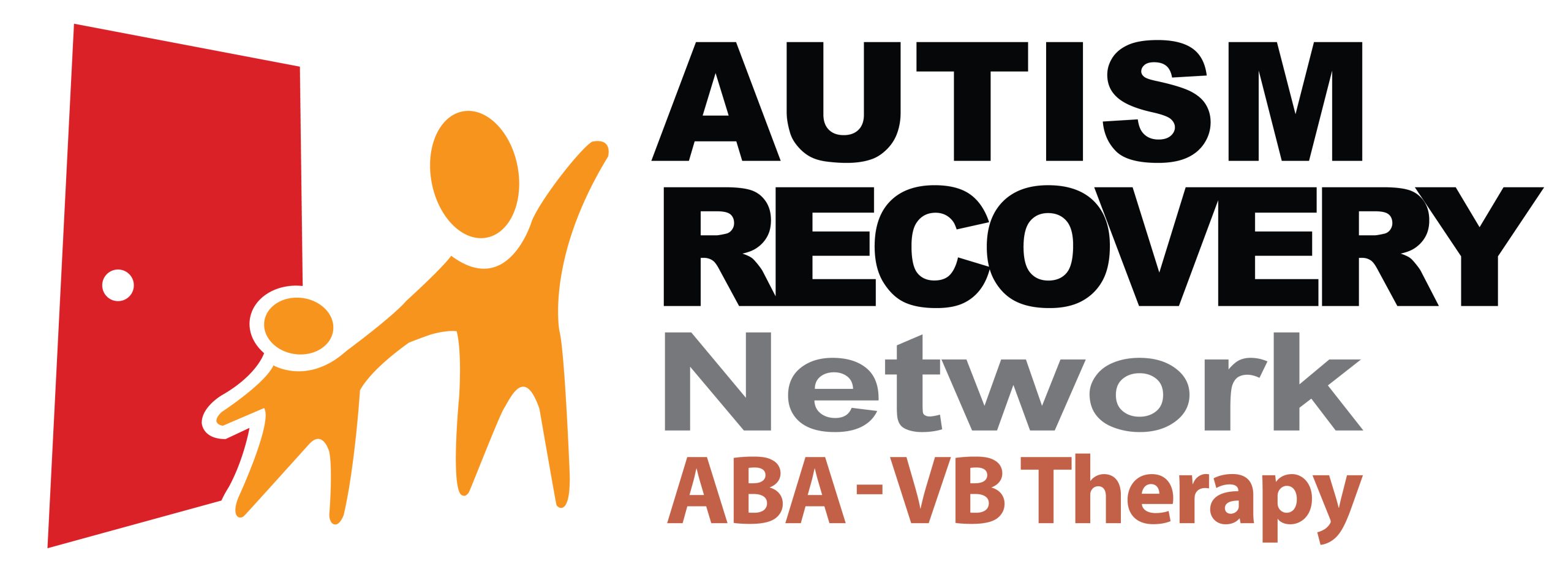A team of researchers from Harvard Medical School and other medical institutes was the first to explore molecular defects in the and the blood-brain barrier in patients with autism spectrum disorders.
The gut epithelial barrier constitutes a physical and functional barrier between a person and the external environment. It regulates nutrients absorption, water and ion fluxes, and represents the first defensive barrier against toxins and enteric pathogens.
Meanwhile, the blood-brain barrier is a highly selective semipermeable membrane barrier that separates the circulating blood from the brain extracellular fluid in the central nervous system.
What the study has observed is that in patients with ASD, they have both increased intestinal permeability, making them more susceptible to gut problems, as well as genes associated with neuroinflammation in the blood-brain barrier.
Their findings suggested a molecular mechanism linking the gut and brain that involves both the intestine and the blood brain barrier in the pathophysiology of ASD.
By elucidating the molecular basis of gut and BBB impairment in ASD, more targeted and effective therapies could potentially be designed to prevent the alterations of the function of the two barriers so as to treat the gastrointestinal symptoms and/or autism symptoms in those with ASD.
In the meantime, while further research is underway, parents of children with ASD could possibly find value in testing their child for dietary allergies and sensitivities, especially if their child has long-term gastrointestinal issues such as upset stomach, diarrhoea and regular loose stools.
With the advice of a medical doctor, the judicious use of probiotics and/or trying out dietary restrictions such as the no-gluten no-casein diet could reap potential benefits, which can include not just the relief of gastrointestinal discomfit but also the alleviation of symptoms of autism.
While making adjustments to their’s diet and nutrition could be beneficial, autism therapy would still remain necessary to treat the neurological disorder. Effective intervention such as ABA therapy would be key to treating the condition of ASD.
ABA therapy remains the most effective and only scientifically proven treatment for individuals with ASD, and is also the only therapy for autism endorsed by the US Surgeon General.
To find out more about ABA therapy, please refer here:
https://autismrecovery.hk/aba-vb-therapy/what-is-aba-vb-therapy/
Link to article:
http://webcache.googleusercontent.com/search?q=cache:4KpqRVCu_4YJ:www.medscape.com/viewarticle/875100+&cd=1&hl=en&ct=clnk&gl=sg
Link to original research: https://molecularautism.biomedcentral.com/articles/10.1186/s13229-016-0110-z

